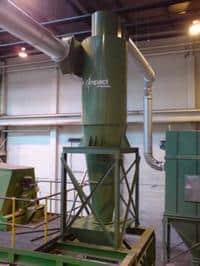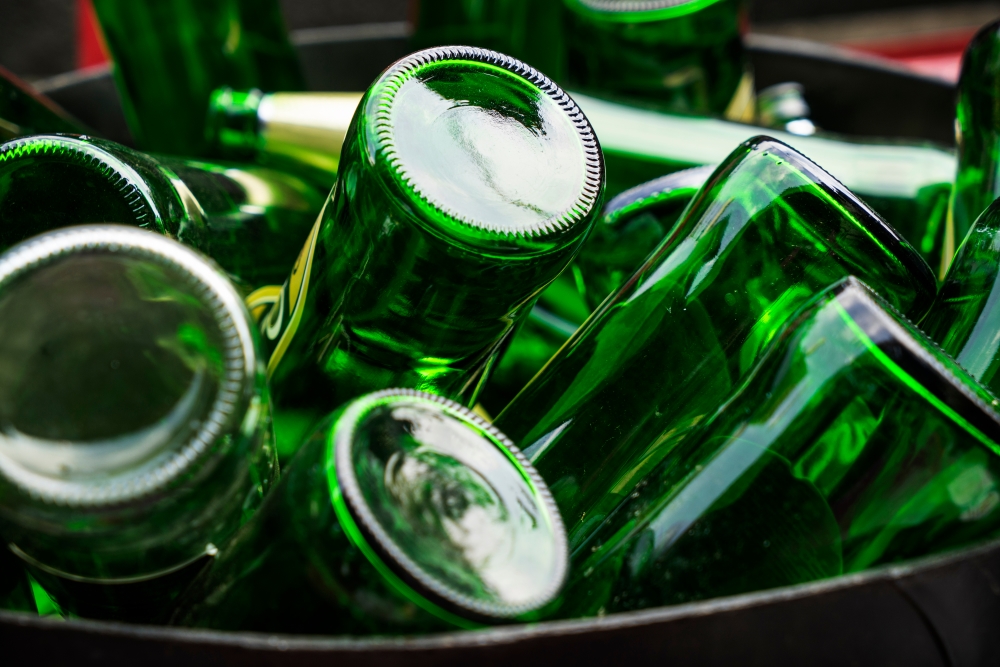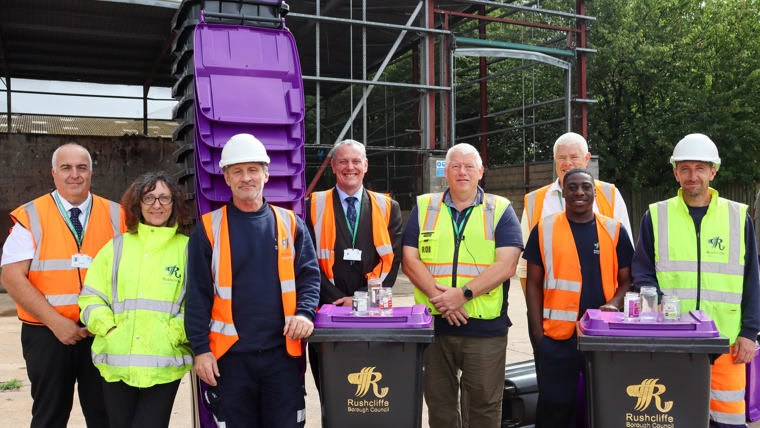The quality of glass sorted at MRFs has been a contentious issue within the cullet reprocessing sector, with claims that it results in low quality glass which is only suitable for alternative uses such as aggregates, and can also adversely affect the quality of paper being sorted (see letsrecycle.com story) .
However, in November 2008, Greenstar announced its intention to improve the quality of glass output at the 300,000 tonne a-year capacity Aldridge facility to allow larger amounts to be used in remelt applications (see letsrecycle.com story).
Commenting on the outcome, Ian Wakelin, chief executive of Greenstar UK, said: “I have always said that quality is vital to recycling success, be that for collections or processing. Greenstar's processing quality maximises resource recovery and reuse, and helps assure market acceptability and financial return.
“Greenstar's £250,000 investment in upgraded glass processing technology now means that glass recyclate produced at Aldridge satisfies the quality required for remelt. Using recycled glass as remelt stock for producing new glass containers is regarded as the greenest reuse of glass,” he added.
Mr Wakelin claimed that the first load of around 30 tonnes of cullet was delivered earlier this year and was received well by glass reprocessors.
The Jarshire system, which was developed with extraction systems company Impact Air, has been added to the end of the processing line to remove un-pickable small particles of paper and other contaminants from the material stream.
It been designed to process 12-15 tonnes of mixed glass and paper per hour, with material being fed into a suction chamber which lifts the lighter paper material upwards while glass falls into a storage bunker below.
Jarshire claimed that it had been chosen by Greenstar because attempts by other suppliers to provide the technology had proved inefficient and more expensive.







Subscribe for free